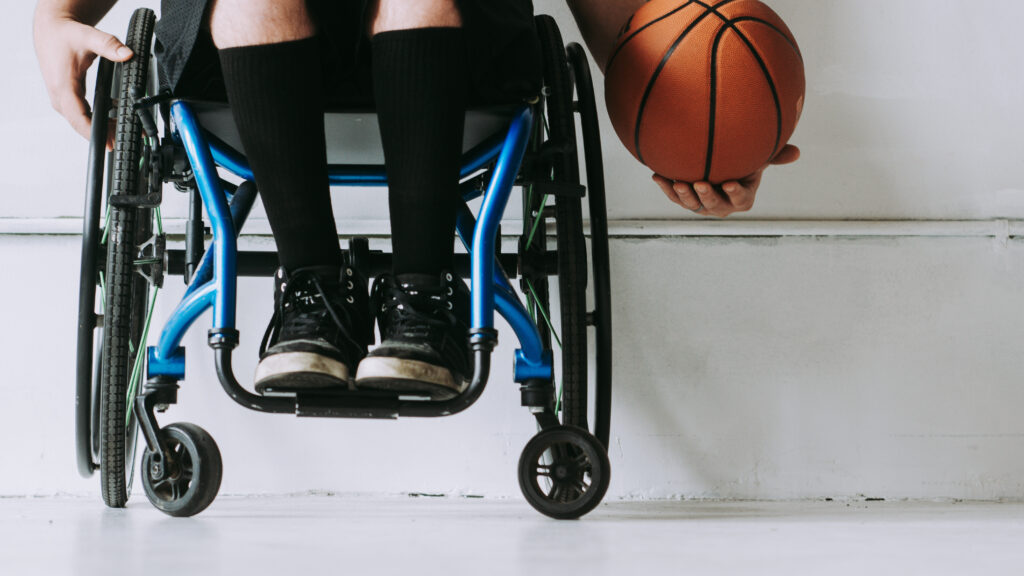Long-term sport participation models
As sport leaders and organizations, we’re often concerned with participant retention. We rarely consider how dropout may play an important role in sport development pathways, or potential pathways for sport re-engagement later in life. The inclusion of sport dropout as a potential pathway in long-term sport participation models could push for a dialogue on how…
Girls’ return to play
The unique barriers that girls experience to accessing sport and physical activity have been heightened by the COVID-19 pandemic. Girls report that social connection is a top benefit of sport. Creating an environment that sets clear expectations for interactions between participants and fosters a sense of belonging can help organizations retain and engage girls in…
Psychosocial readiness to return to sport following a sport-related concussion

Did you know that 1 in 450 Canadians suffered a sport-related concussion (SRC) or other type of brain injury in the past year (Gordon & Kuhle, 2022)? A SRC is a traumatic brain injury caused by a direct or indirect blow to the head (McCrory et al., 2017). For example, being struck by a soccer…
Intramural sport participation in students
Intramural sports give students the opportunity to be physically active, regardless of their experience level. Participation in intramural sports is associated with improved physical health, self-confidence and stress management skills. Intramurals also give students the opportunity to experience a wide variety of sports, allowing them to pick and choose the ones they enjoy and want…
Trying a new sport
Trying out a new sport skill or exercise routine? Seeking feedback from others — whether health or fitness professionals, or friends and family — can increase self-confidence and help motivate you to achieve your goals.
Newcomers and sport participation
Newcomers to Canada often struggle with feeling like they belong. Sport and physical activity can help foster feelings of belongingness, bringing Canadians of all backgrounds together. Providing newcomers with resources on how to become involved in sport and physical activity at all levels is essential to ensure all sport is inclusive. Sport for Life has…
The power of sport
The Canadian Centre for Ethics in Sport’s new publication, “Power of Sport: The True Sport Report” presents research that addresses how community sport contributes to a spectrum of societal goals, including quality education, gender equality, health and well-being, reduced inequalities, and climate action. The report identifies that “how” sport is delivered is key to achieving…
Movement tips for moms
Finding the time to fit in a home workout or exercise class can be challenging for moms. But small bouts of physical activity throughout the day, or “exercise snacks,” can be just as effective to achieve the health benefits of physical activity. Research shows that when moms reframe physical activity as “moving your body” instead…
Athletes2Coaches: A mentorship program for athletes experiencing disability

Coaching athletes with a disability requires many of the same skills as coaching non-disabled athletes (for example, developing skill progression). However, coaching athletes with impairments often requires coaches to have disability-specific knowledge as well (Fairhurst, Bloom, & Harvey, 2017). Coaches’ understanding of disability is critical, not only to athlete skill development, but also to athletes’…
World Humanitarian Day
People across the world live in areas affected by natural disasters, conflict and persecution. Sport can be used as a positive tool in these areas to promote positive change and give individuals the opportunity to be included in something meaningful. Through their Sport for Protection approach, the UN Refugee Agency uses sport for children and…